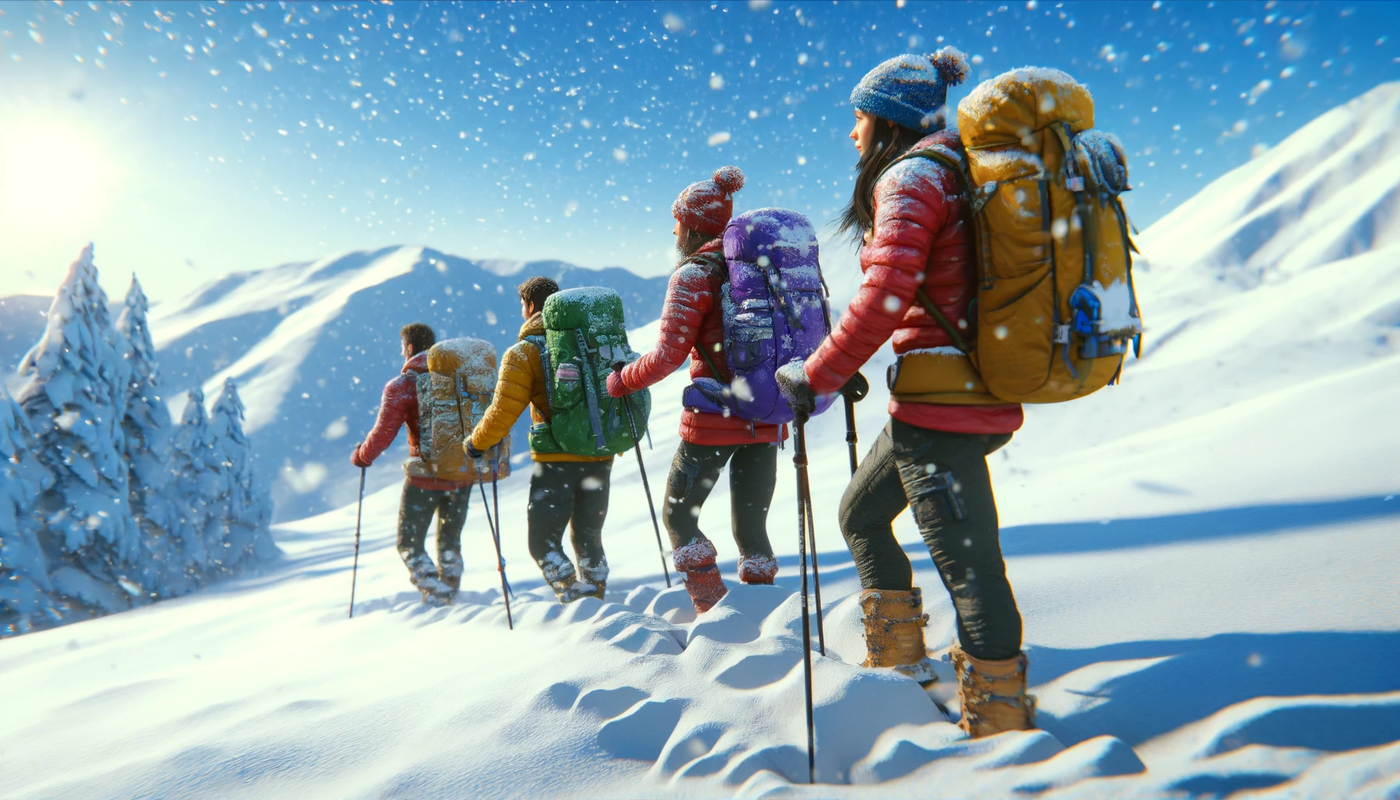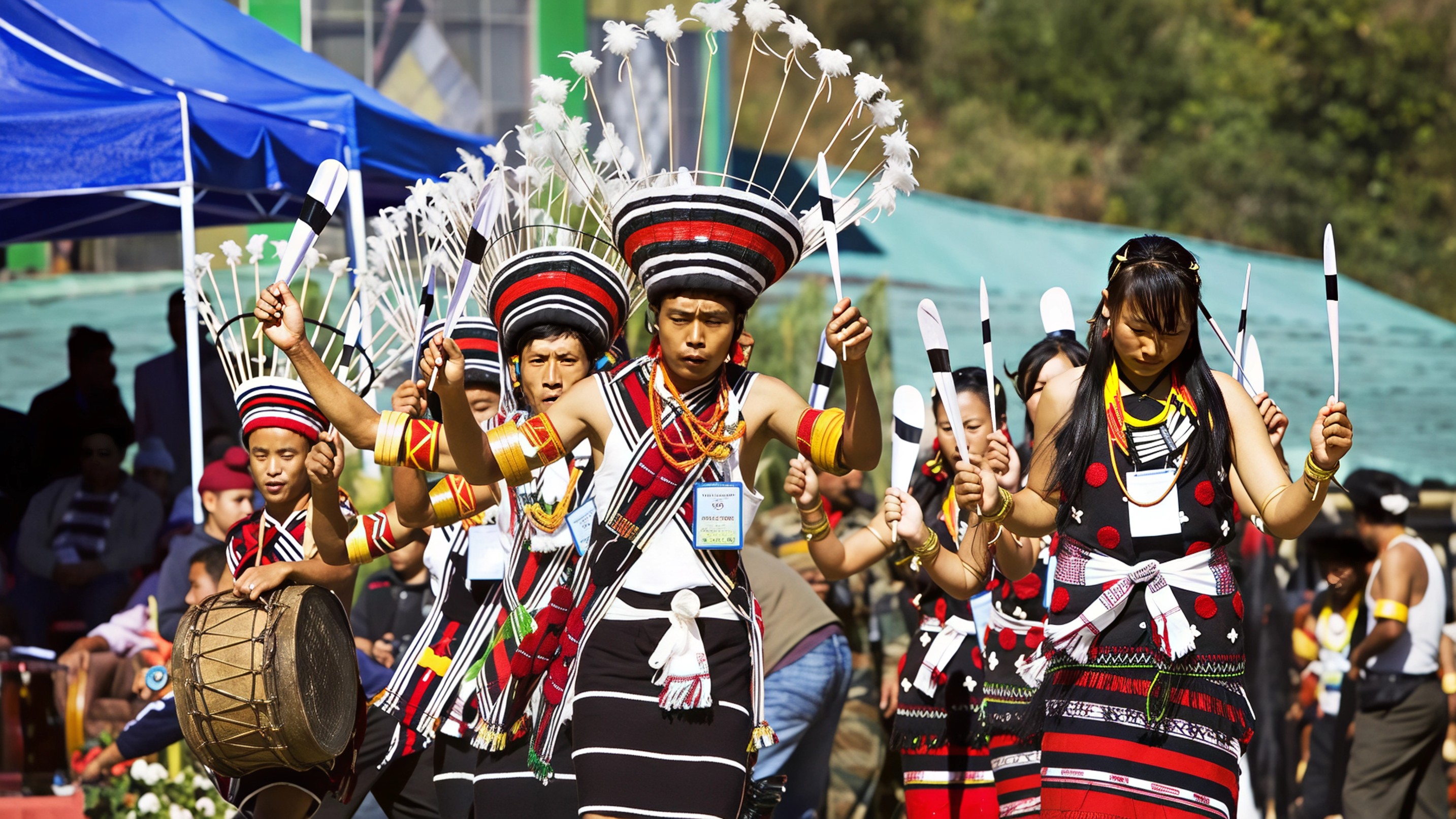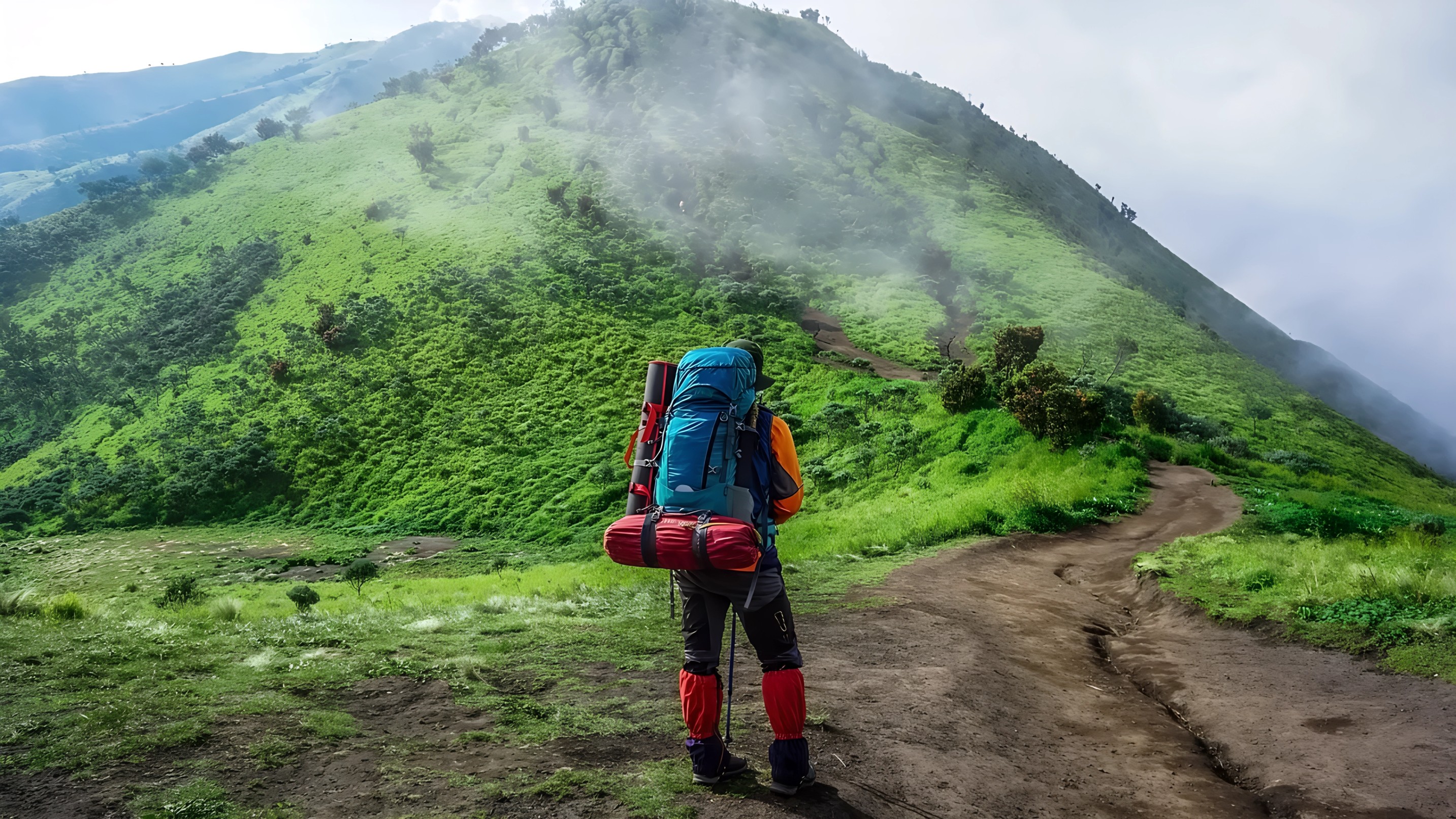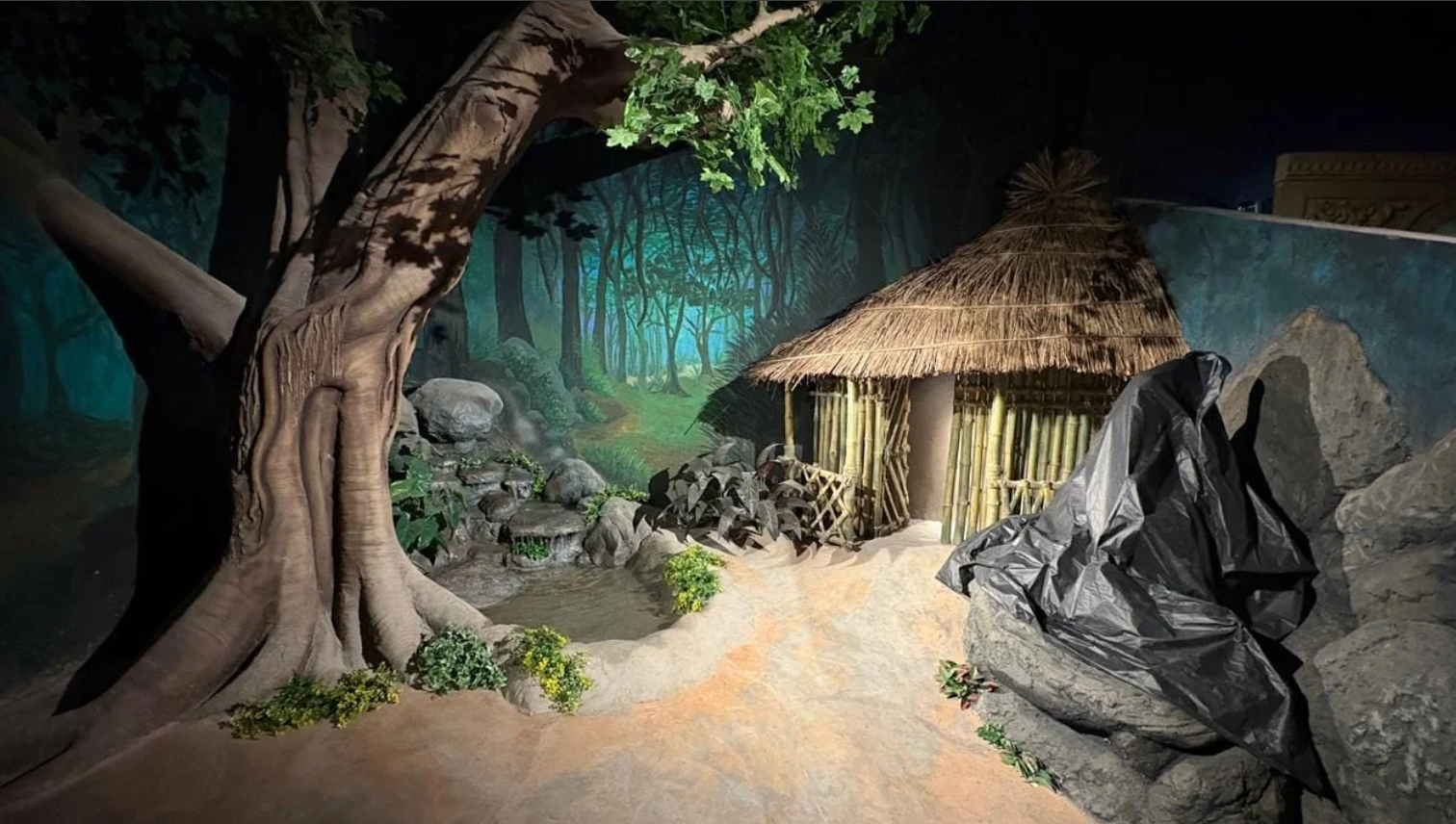Walking at high altitudes, defined as above 2,500m, presents unique challenges due to thinner air and lower oxygen levels. To ensure a safe and enjoyable trek, thorough preparation is key. Here are some essential tips to consider before embarking on your high-altitude adventure
Tips for Trekking
1. Consult with a Doctor: Before starting any new training regimen, consult with your doctor to rule out any pre-existing conditions that may pose risks at high altitudes.
2. Aerobic Training: Focus on improving your cardiovascular fitness through sustained aerobic activities such as running, biking, or swimming. Interval training can enhance cardiovascular ability, but also ensure you can maintain a steady pace for prolonged periods.
3. Gradually Increase Training: Gradually increase the distance and altitude of your training treks over time. Start slowly and build up to walking durations similar to those expected during your trek. Include hill training to simulate the terrain you'll encounter.
4. Learn Yogic Breathing: Practice yogic breathing techniques to control your breathing and manage breathlessness at high altitudes. Deep, rhythmic breathing can help regulate oxygen intake and alleviate panic during exertion.
5. Stay Hydrated: Drink water frequently to combat dehydration, which is exacerbated at high altitudes due to increased respiration and lower humidity. Aim to drink more water than usual to prevent dehydration and alleviate symptoms of altitude sickness.
6. Check Insurance Coverage: Ensure your travel insurance covers high-altitude trekking, as this may not be included in standard policies. Verify the maximum altitude coverage specified in your policy.
7. Acclimatize: If ascending rapidly to a high altitude starting point, spend a few days acclimatizing to the elevation. Avoid overexertion and allow your body time to adjust before commencing the trek.
8. Explore Local Remedies: Embrace local remedies used to combat altitude sickness, such as chewing coca leaves or consuming coca tea in the Andes, or trying dried yak cheese in the Himalayas.
Things to Remember Before Trekking
Altitude sickness and acute mountain sickness are serious concerns at high altitudes, with symptoms ranging from mild breathlessness and headaches to more severe nausea and disorientation. If experiencing symptoms, inform your guide immediately and consider halting or descending to a lower altitude to prevent further complications.
By following these preparation tips and taking necessary precautions, you can enhance your readiness and safety for a high altitude trek, allowing you to fully immerse yourself in the breathtaking landscapes and unforgettable experiences that await.








